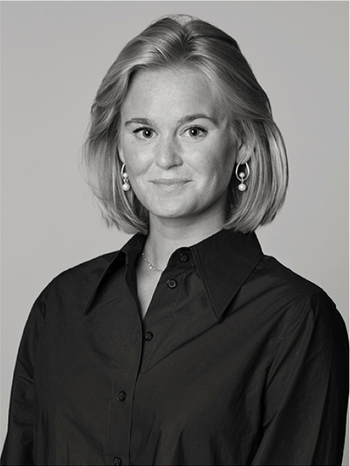Henry Moore
"Seven Studies for Standing and Seated Figures"
Signed Moore and dated -51. Pencil, wax and coloured crayon, watercolour wash and gouache on paper 29 x 23.7 cm. The work is registered at Henry Moore Foundation with archive number 2688 and is included in the Catalogue raisonné. A certificate issued May 2023 by Henry Moore Archive is included.
Tuontiarvonlisävero
Tuontiarvonlisävero (12%) tullaan veloittamaan tämän esineen vasarahinnasta. Lisätietoja saat soittamalla Ruotsin asiakaspalvelumme numeroon +46 8-614 08 00.
Alkuperä - Provenienssi
Arild Wahlstrøm, Norweigan art collector, (1909 - 1994).
Thence by descent to the present owner.
Muut tiedot
Henry Moore created the auction's drawing of various figures in abstract forms in his sketchbook between 1950 and 1951. At this point in his career after World War II, Moore was considered the world's most significant modern sculptor. After exhibiting at the Venice Biennale in 1948, Moore played a prominent role in the Festival of Britain in 1951, where he became the first living artist to be portrayed in a film produced by the BBC, coinciding with his first major retrospective at Tate in London. The auction's drawing marks this period of success in Moore's life as well as his ability as a nuanced draftsman. After World War II, Moore often referenced his wartime anxiety in the fragile, fallen figures that populated his drawings and sculptures. In this drawing, Moore depicts various seated figures with truncated forms, reminiscent of the huddled figures in London's air-raid shelters and the bodies on the battlefield. The figures in this sketch specifically refer to Moore's sculptures from this period, such as "King and Queen" from 1952 (MOA Museum of Art, Atami; Middelheim Open Air Sculpture Museum, Antwerp) and "Family Group" from 1948-49 (Museum of Modern Art, New York; Tate Gallery, London). These drawings reveal Moore's experimental process as he studied the nature of forms and created new sculptural concepts. The figures in this drawing are rendered with Moore's characteristic technique, developed before the war and used in his evocative images of London's subway. By applying watercolor over layers of wax crayon, pen, and graphite, Moore enhanced the contrast between light and shadow to give depth and texture to his drawings.






























